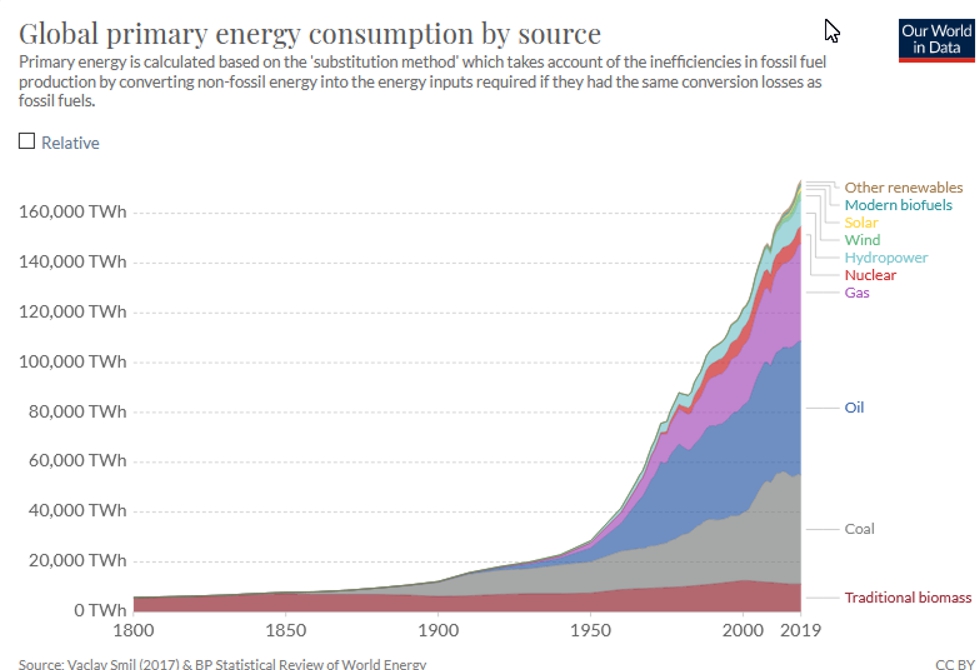The True Cost of Renewables and Recycling
Those who believe the planet will be saved by a switch to “renewable” energy, and that such energy would be “green” perhaps do not understand the true cost of renewables. It is a basic principle of life, and economics, that you “can’t get something for nothing” or “there is no such thing as a free lunch”. You either pay or face a counterbalancing hazard or cost. So it is with energy.
Electric cars
These are purportedly superior to those running on gasoline or diesel. But they consume electricity that is mainly produced by burning coal, oil and gas. So just as polluting but even worse, because there is a loss of energy when transporting the electricity and when charging and discharging the battery. Losses range from 12% to 30% and tend to be greatest during AC to DC conversion.
Brake and tyre dust are among the main pollutants of motor vehicles, whatever the means of propulsion. An area of pollution specific to electric vehicles is the lack of battery recycling. Without taxpayer subsidies it is not cost effective to recycle the batteries, so the majority end up as land fill.
The construction of electric vehicles consumes much more energy than conventional vehicles, mainly due to construction of the powertrain. The battery and motors require specialty materials and metals that are expensive to mine and process. These include lithium, nickel, rare earths, boron and cobalt.
There is another issue. A typical barrel of light crude is around 45% gasoline. What’s going to happen to that when all vehicles are electric. If it is burnt to produce electricity, then that would seem to negate the whole point of electric vehicles.
Wind and Solar
In August 2020 economist Dr Alan Moran released a report that showed renewable subsidies and associated policies cost Australia $13B per year, or $1,300 per household. This has led to an increase in the wholesale cost of electricity from $45.40 per MWh to $92.50 per MWh. So after at least 20 years wind and solar cannot operate profitably, and presumably never will, either in Australia or elsewhere.
The erratic nature of wind and solar means electricity storage is a necessity if renewables are ever to make up a significant part of electricity supply. Storage methods include pumped hydro, flywheels, capacitors and batteries. Of course, these all cost money and fossil fuel consumption and will require subsidies.
There are other issues that reduce the effectiveness of renewables. Wind turbines have a limited life and as they age the tendency to catch fire increases. And the larger the windmill the harder it is to control the fire, which is inevitably in the nacelle. Read more about the cost of wind power here. The efficiency of solar panels can be dramatically reduced when coated with dust, thus regular cleaning is required, often with vast quantities of water.
Recycling
After 50 years, recycling has failed. This is exemplified by China’s ban in 2018 of 24 types of solid waste and in 2021 China will ban the import of all solid waste. Other countries, particularly in Asia, are doing the same thing. As a consequence, most of what goes into your “recycling” bin now goes to storage, landfill or is burnt.
In my opinion, the answer is less consumption, less packaging, less one time only use and greater longevity. More complex products could be designed for repair and renovation, rather than being trashed.
Conclusion
Renewable energy is here, but at great cost. And that cost is not only money, but increased pollution. To say nothing of the ugliness of turbines and the huge number of birds killed every year.
Without fossil fuels economies will shrink and populations will shrink. However, with the declining demand for, and production of, fossil fuels, that is perhaps on the horizon anyway.
You can’t, get something for nothing, and that applies to renewable energy.
Appendix
As the chart below shows, solar and wind are a negligible contributors to global energy consumption. Hydropower is a significant contributor, as is traditional biomass, i.e., firewood etc. But by far the majority is fossil fuels; coal, oil and gas.

